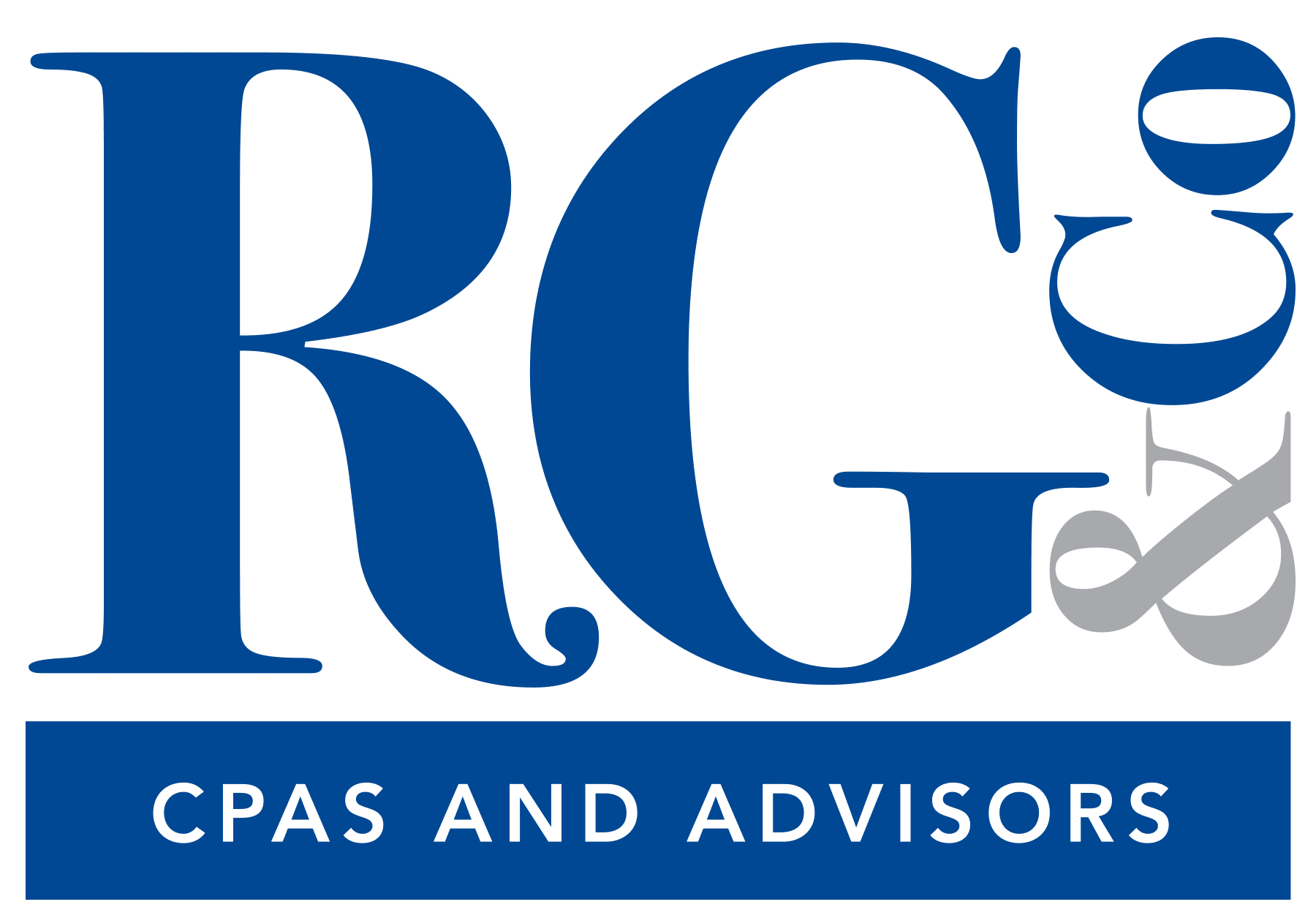- September 28, 2023
- Posted by: Rivero, Gordimer & Company
- Categories: Business Advice, Company News

By: Alicia Holloway, CPA
The IRS’s recent announcement regarding the halt of Employee Retention Credit (ERC) processing until December 31 has left many employers and business owners with questions and concerns. This decision comes in response to a surge of questionable ERC claims, which led to delays and increased scrutiny of all ERC claims. The IRS recommends that employers and business owners reach out to their CPA or trusted tax professional to confirm eligibility.
The IRS’s decision underscores the challenge of balancing rapid financial aid with rigorous oversight. As the agency begins a more in-depth examination of claims, many businesses are left struggling with the immediate implications of this halt. The move prompts an essential discussion on the need for transparency in ERC claims as well as the responsibility of agencies to ensure that aid reaches those who genuinely have a need while, at the same time, safeguarding taxpayer dollars.
What is the ERC?
The Employee Retention Credit (ERC) is a refundable tax credit for businesses and tax-exempt organizations. It has been a critical financial lifeline for businesses affected by the COVID-19 pandemic. Since its introduction as part of the CARES Act in 2020, the ERC has provided eligible employers with a tax credit to incentivize them to keep employees on their payroll during the economic downturn. The ERC is a complex multi-step process with precise requirements that require detailed analysis to determine eligibility.
Why Did the IRS Stop Processing All New ERC Claims?
The IRS has received more than three million claims to date. There is concern within the IRS that the program is not working as intended, though. The moratorium through at least the end of the year on processing new claims for the pandemic-era relief program is to protect honest small business owners from scams. There has been growing evidence that a considerable share of new claims are ineligible and increasingly putting businesses at financial risk by being pressured and scammed by aggressive promoters and marketing. These promoters have been advertising that ERC submissions are “risk-free,” however, there are significant risks facing businesses as the IRS is increasing its audit and criminal investigation work.
What are the Financial Accounting Implications of the ERC Halt for Businesses?
- Delays in credits: Businesses relying on the anticipated credits for the ERC to bolster their cash flow may face financial strains. The delay in processing means a delay in receiving the tax credit, which might put undue burdens on smaller businesses still reeling from the economic challenges of the pandemic.
- Increased uncertainty: The IRS halt has introduced another layer of uncertainty for businesses. With pending claims or those waiting to file, businesses might now be unsure about future financial planning.
- Potential changes: Although the halt is described as a temporary measure and scheduled to end on December 31, procedural changes are always possible when processing resumes. Businesses should stay informed and consult their tax advisor to ensure compliance and maximize their benefit.
What’s Next for Tax Preparation of Affected Businesses?
- Currently waiting for an ERC claim: The IRS will continue processing these claims during the moratorium period but at a much slower rate. With additional compliance scrutiny, payment can take even longer than initially anticipated.
- Have yet to file an ERC claim: For those companies considering filing a claim, carefully review the ERC guidelines during the processing moratorium period. Additionally, seek guidance from a trusted tax professional who can help you with a careful review of the rules.
- Need to withdraw an existing claim: For businesses that have filed and have a pending claim, carefully review the program guidelines with a trusted tax professional. Specifically, businesses have improperly cited supply chain issues as a basis for an ERC. However, the IRS has clarified that a supply chain disruption must result in a significant decline in gross receipts or a full/partial suspension of the employer’s business due to a governmental mandate to meet eligibility. With the IRS seeing repeated instances of improperly citing supply chain issues as a basis for an ERC claim, professional advice might reveal that businesses with those issues did not meet the eligibility criteria and thus should withdraw their claim.
- Received an ERC believed to be an error: For businesses that have already filed and received a claim but have since determined it was ineligible, wait for the IRS ERC settlement program to be finalized. The IRS is expected to provide additional details on the settlement program in the Fall, allowing businesses to repay improper ERC claims.
How Can My Small Business Recognize a Scam by an Over-Aggressive ERC Promoter?
Scam promoters, or ERC mills, as they’re sometimes referred to, mislead people who do not meet the ERC requirements into believing they qualify. They often use several different tactics while charging excess fees. Warning signs to look for include:
- Unsolicited calls or advertisements stating “easy application process” or “guaranteed funds” even if a business isn’t eligible.
- Misleading information about the terms or implications of the relief.
- Preparers refusing to sign the ERC return expose just the taxpayer to the risk.
- Suggestions from marketers to submit the claim because there is nothing to lose.
Going Forward
The introduction of the ERC and other IRS relief programs was a much-needed lifeline during challenging economic times. However, the emergence of aggressive promoters has added a layer of complexity. Questionable claims emphasize the importance of due diligence and the need to ensure that relief measures benefit those intended. For businesses, it serves as a reminder of the importance of careful and accurate analysis and the value of seeking professional guidance in navigating complex financial relief avenues.
Moving forward, businesses must stay informed and seek professional advice from an experienced tax advisor. Be vigilant about who you trust, and you can successfully navigate the moratorium and ensure that your business benefits fully from available relief measures.
For more information about the IRS ERC halt and how our office can help you through this uncertain time, visit our website or call 813-875-7774.

